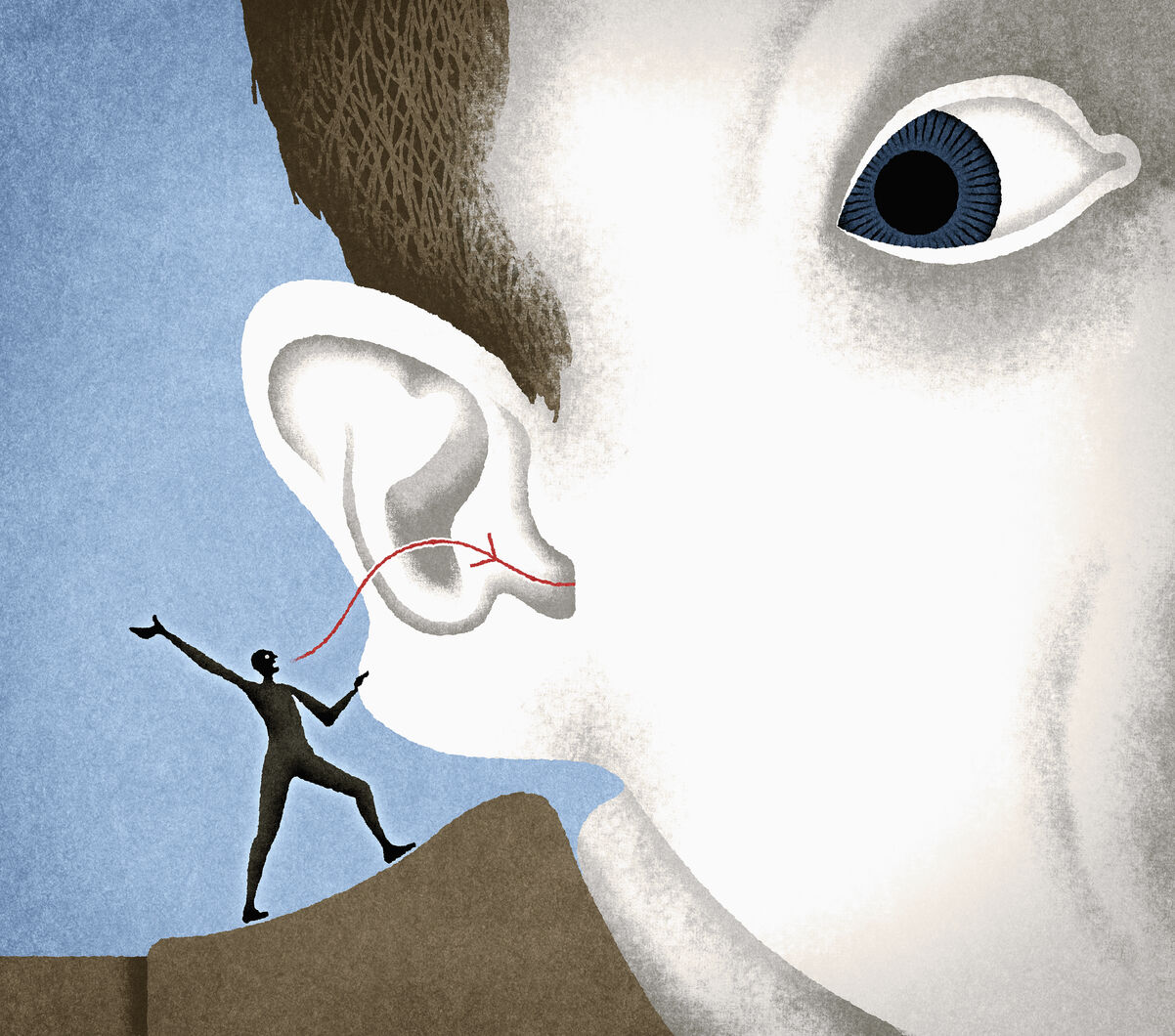For the first time in its history, Missouri is set to debate a bill banning the practice of conversion therapy on LGBTQ youth.
House Rep. Tracy McCreery (D-Olivette) introduced legislation on Wednesday known as
House Bill 2141, which would prohibit mental health professionals from seeking to “change” the gender identity or sexual orientation of minors through medical treatment. Being caught in violation of the statute could result in civil damages for practitioners in the state; they could also have their licenses revoked.
McCreery tells INTO the issue is a “life or death situation” for young people.
“It’s our responsibility to make sure we are protecting our children from things that could be harmful, and conversion therapy is harmful to youth,” the 51-year-old lawmaker says. “There’s not one medical organization out there which considers this healthy or successful.”
Subscribe to get a twice-weekly dose of queer news, updates, and insights from the INTO team.
in Your Inbox
“I want Missourians to know this is a practice that is going on in our communities,” she adds.
Every leading medical organization in the U.S., including the American Psychological Association (APA) and American Medical Association (AMA), has condemned conversion therapy as both dangerous for a vulnerable population and ineffective at its purported goal of relieving queer youth of same-sex desires.
Carolyn Reyes, who serves as youth policy counsel for the National Center for Lesbian Rights (NCLR), claims in an email to INTO that conversion therapists are “putting young people at risk of suicide, depression, and substance abuse.”
A 2009 report from the Family Acceptance Project at San Francisco State University found that youth who had experienced high levels of rejection from their families were 8.4 times more likely than their peers to attempt to take their own lives. Many youth are forced into conversion programs by parents who make them choose between their family and who they are.
“When you’re a minor, your parents can make you do things you don’t want to dobecause they have legal control over you,” she claims.
Conversion therapy is currently illegal in nine states, as well as the District of Columbia. After four states joined the deluge of municipalities to ban the practice in 2017, this year is shaping up to be a tipping point in the movement. In the past week, three states put forward legislation to outlaw the discredited treatment: Arizona, Virginia, and Washington.
McCreery is “under no illusion” that Missouri will be the next state on that list, she says.
Although she has “strong support” from members of her caucus, the House Representative is a Democrat in an overwhelmingly conservative legislature. The GOP boasts a supermajority in both houses of the General Assembly, as well as claiming two-thirds of statewide offices.
Many of McCreery’s Republican colleagues have never even heard of conversion therapy. She claims that’s exactly why she’s doing this.
“Sometimes just by filing legislation, it can start really important conversations,” says McCreery, who served as public policy director for the local LGBTQ advocacy group PROMO before entering politics. “What I’m looking forward toas a middle-aged, straight ally in this movementis having meaningful conversations with people I work with to educate them on this issue.”
The lawmaker claims HB 2141 represents a small step forward for the state, which is reflected in what she calls a “conservative” approach to the topic.
For one, the bill only applies to professionals in the mental health industries, not members of the clergy or religious groups. It also does not apply to conversion therapists who treat people over the age of 18.
McCreery argues the loopholes are necessary if the proposal hopes to move forward: Anytime LGBTQ advocates attempt to put “even basic protections in place that impact places of worship, they go down in flames,” she says. Activists have been pushing a statewide nondiscrimination act in the General Assembly for 20 years.
“If I was queen, I would say, ‘Tough, you just can’t do it,’” McCreery claims. “But I live in Missouri so I have to be realistic.”
But thus far, the Democratic legislator has been overwhelmed by the response. Reaction on social media has been “entirely positive,” McCreery says. Although she expects backlash from conservative groups in the state, that has yet to materialize.
“I was bracing myself for some hateful comments but if they’re out there, they have not made it to me,” she adds.
That may reflect the fact that Missouri, while largely conservative, may be ready for a long overdue conversation on LGBTQ rights. A 2013 survey from PROMO found that 71 percent of small business owners in the state believe that it should be illegal to fire people based on their sexual orientation or gender identity.
When it comes to the conversion therapy issue, however, the state has a long way to go. Although several local municipalities across the U.S. have banned orientation change efforts (most recently, New York City), not a single city in Missouri has.
McCreery believes state and local lawmakers, advocates, and community members will need to ban together to end this harmful phenomenon.
“When you look at successful equal rights movements around the world, it takes a whole team of people to make things happen,” she says. “It takes an entire community of people to stand up and work on these issues.”
Note: PROMO was not available for comment prior to publication time.












